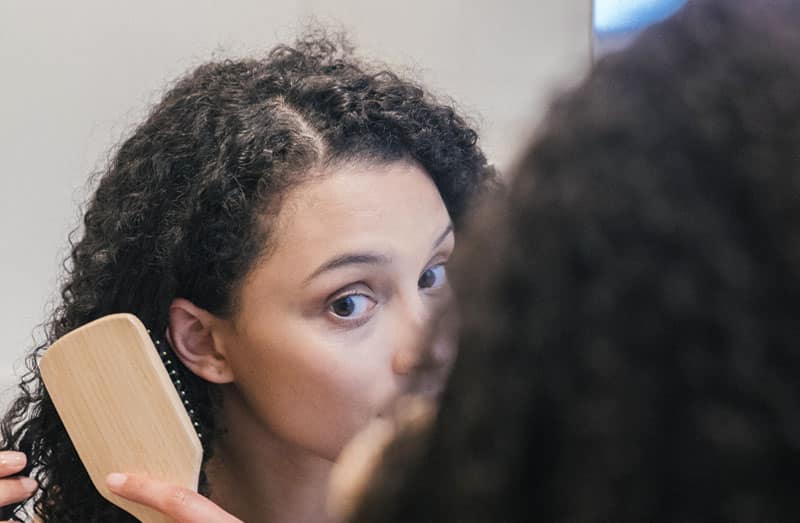PCOS Hair Loss: What You Need to Know
PCOS is a common hormonal disorder that can cause problems like acne, excessive hair growth, and, in some cases, hair loss. While there is no one-size-fits-all solution to treating Polycystic ovary syndrome hairloss, there are a few things you can do to reduce its effects. In this article, we’ll discuss the causes of PCOS hair loss, how to prevent it, and the best treatments for dealing with it.
The main cause of PCOS-related hair loss is an imbalance in the hormones that regulate hair growth. This can be caused by a number of factors, such as stress, poor diet, genetics, and medications. While there is no single “cure” for this condition, several steps reduce or prevent this type of hair loss.
Taking the Necessary Steps to Fight Hair Loss
The first step is to make some changes to your diet and lifestyle. This can include reducing stress, getting regular exercise, eating a nutrient-rich diet, and avoiding certain types of medications that may contribute to hair loss. While these steps alone may not be enough to treat the condition, they can help you maintain healthy hormone levels and prevent further hair loss.
If you are looking for more targeted treatment options, there are a number of products and medications available that have been shown to be effective in reducing PCOS-related hair loss. These include certain types of topical creams and hair growth serums, as well as oral medications like spironolactone and birth control pills.

PCOS Prevention Tips
There are a few things that you can do to help manage PCOS. Some simple tips are to:
- Eat a healthy, balanced diet
- Reduce stress levels
- Get regular exercise
- Avoid medications that may contribute to hair loss
If you are looking for more targeted treatment options, there are a number of products and medications available that have been shown to be effective in reducing PCOS-related hair loss. These include certain types of topical creams and hair growth serums, as well as oral medications like spironolactone and birth control pills.
Although hair loss can be a frustrating and sometimes embarrassing condition, there are steps you can take to manage it effectively. If you are struggling with this condition and want to learn more about your treatment options, consult with your healthcare provider or a qualified hair loss specialist for guidance. With the right approach, you can maintain healthy hair and reduce the appearance of PCOS-related hair loss.
Potential PCOS Treatments
There are a number of treatments available for PCOS hair loss. Some of the most common include:
- Topical creams and hair growth serums
- Oral medications like spironolactone and birth control pills
Each treatment has its own set of benefits and drawbacks. Consequently, you must consult with your healthcare provider to find the best option for you. Topical creams and hair growth serums are generally considered to be the most effective, while oral medications can be more effective in severe cases.
It’s also important to note that there is no one-size-fits-all approach to PCOS hair loss treatment. What works for one person may not work for another. Explore all of your options and find the treatment that works best for you. With the right approach, you can manage hair loss and keep your hair looking healthy and full.

Best Hair Transplant
https://www.google.com/maps?cid=9280610872186794918
1970 S Prospect Ave Suite 2, Redondo Beach, CA 90277
(213) 403-0455
https://hairtransplantslosangeles.com/

